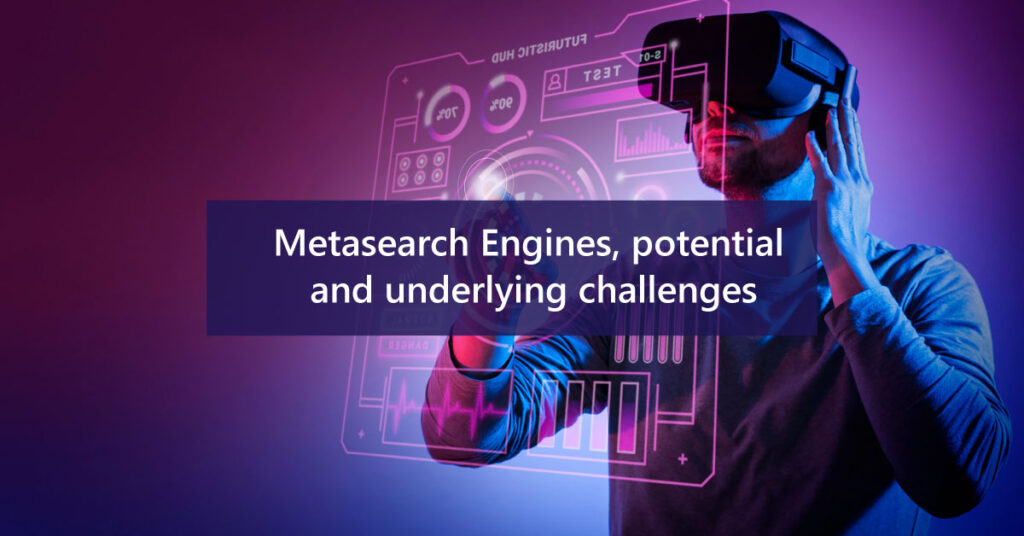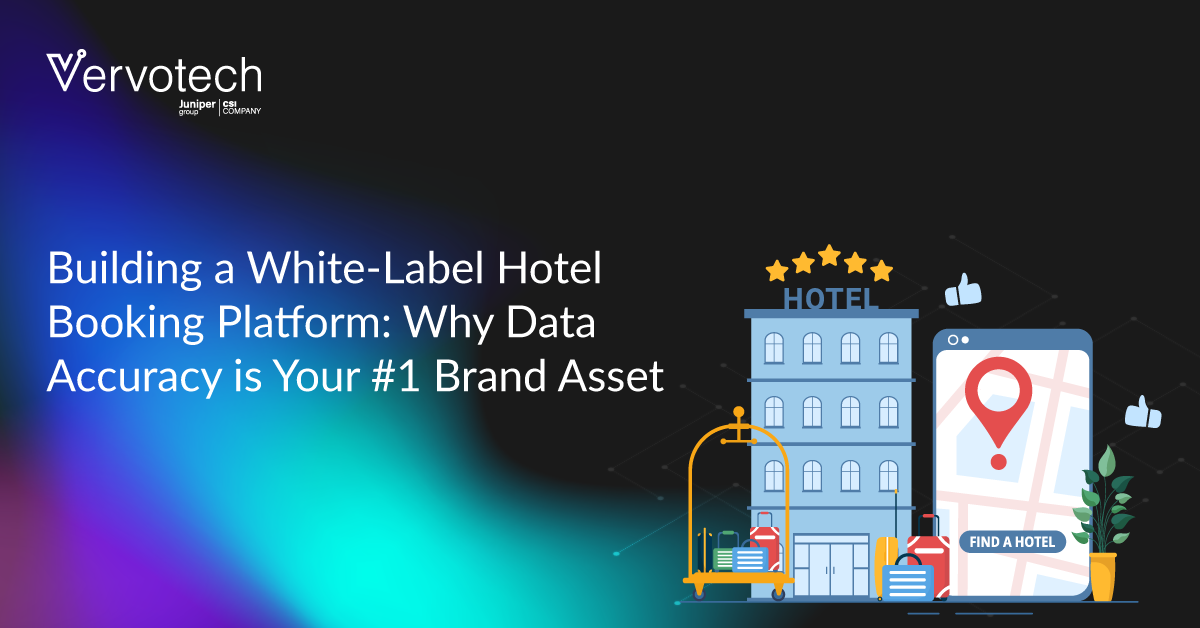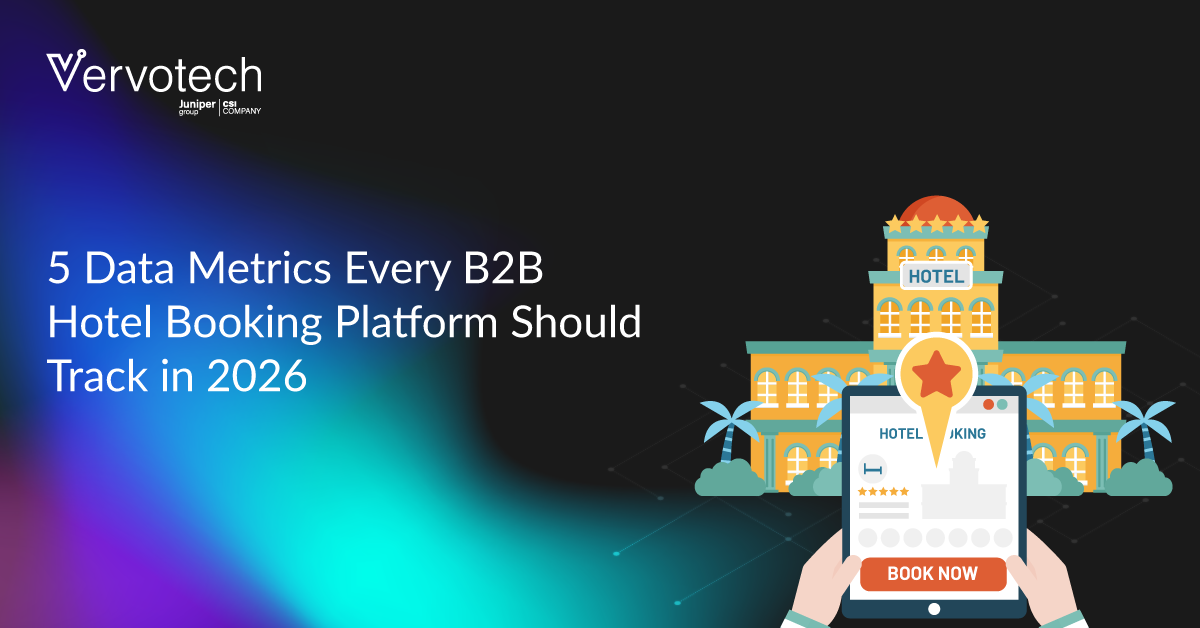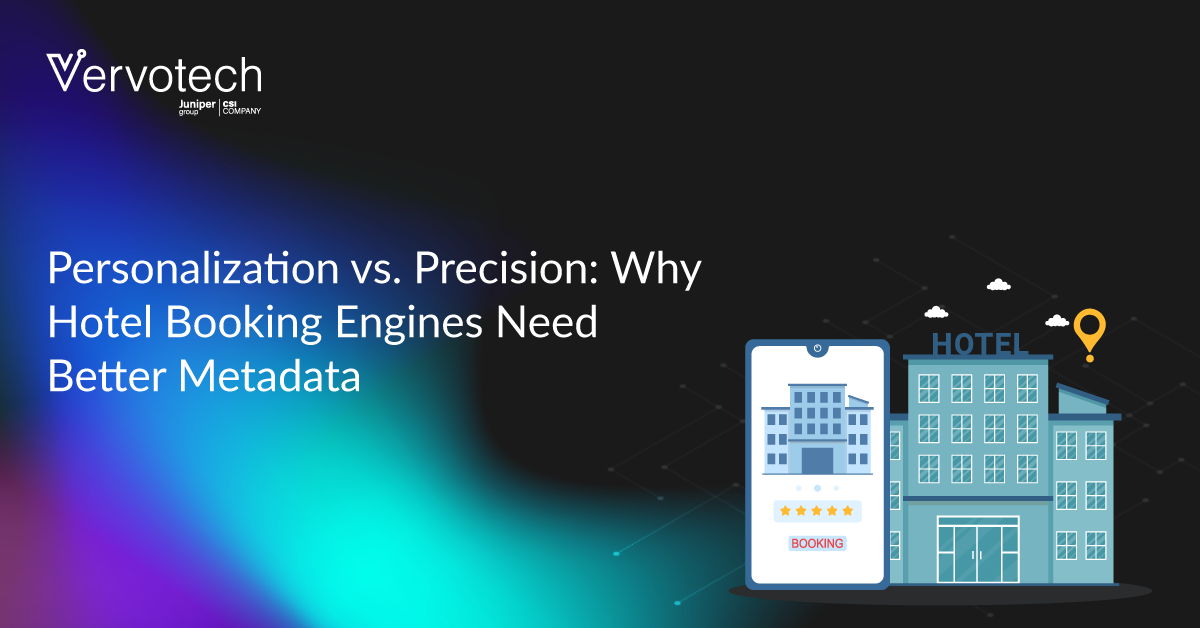Metasearch engines have become a pivotal tool in the travel industry, significantly influencing how travelers find accommodations. With one in three travelers discovering hotels through metasearch platforms, these engines are undeniably valuable for visibility. However, despite their widespread use, they often struggle to convert lookers into bookers, with only about 1% of users completing a booking. This low conversion rate highlights the unique set of challenges that meta-search engines present to hoteliers and marketers.
Key factors affecting the growth of metasearch engines
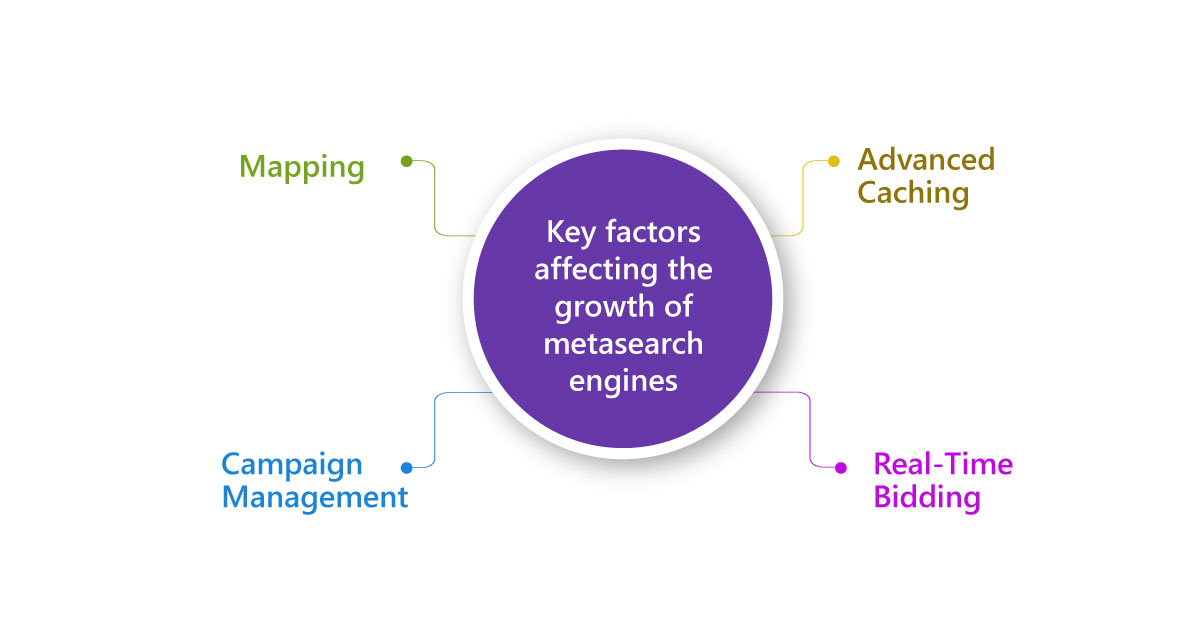
Mapping
The first and most critical challenge in metasearch marketing is hotel mapping. Metasearch engines aggregate data from various sources, but they can only present the best rates and options if they can accurately map and group hotels across these feeds. Poor mapping leads to discrepancies in listings, which can confuse potential guests and result in missed booking opportunities. This issue directly impacts the effectiveness of metasearch campaigns and is a primary reason for low conversion rates.
Also Read – How Does Metasearch Marketing Work? 5 Tips to Boost ROI
Advanced Caching
Another significant challenge is the need for advanced caching technology. Metasearch engines are designed to display real-time rates, but this capability can place a heavy load on the Central Reservation System (CRS). Without advanced caching, there’s a risk of either overwhelming the CRS with too many requests or providing users with outdated rate information. Both scenarios can degrade the user experience and decrease the likelihood of conversions.
Campaign Management
The third challenge lies in effectively managing and optimizing metasearch marketing campaigns. Marketers must constantly assess whether they are receiving the right amount of traffic, whether that traffic is converting into bookings, and whether their ROI targets are being met. Unfortunately, the process is often slow and cumbersome due to reliance on manual campaign management techniques.
Real-Time Bidding
Finally, the introduction of real-time bidding (RTB) models by platforms like Google Hotel Price Ads (HPA) adds another layer of complexity. RTB allows for nuanced control over bidding strategies, factoring in elements like room rates, length of stay, and user location. However, this sophistication requires hoteliers to be agile and precise in their campaign management, which can be a daunting task for those unfamiliar with such detailed bidding processes
How can Vervotech help?
Vervotech offers a robust solution to this challenge through its advanced AI-based hotel mapping technology. By ensuring that hotels are correctly and comprehensively mapped across all data sources, Vervotech helps improve the accuracy of listings, enhancing the user experience and boosting the effectiveness of metasearch marketing efforts.
In conclusion, while metasearch engines are instrumental in hotel discovery, they come with several challenges that can hinder conversion rates. Accurate hotel mapping, advanced caching, and efficient campaign management are critical to overcoming these hurdles. By leveraging solutions like Vervotech’s mapping technology, hoteliers can better navigate these challenges, improve their conversion rates, and achieve their ROI goals.

